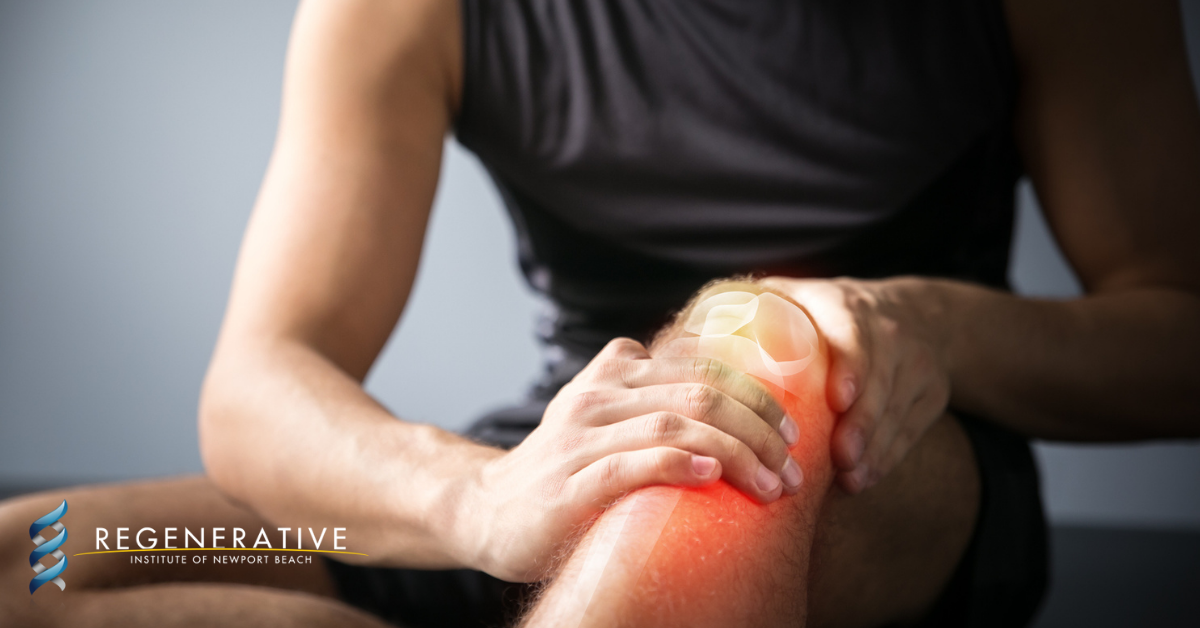Treating Injuries Off the Field With Interventional Medicine
Athletes are no strangers to pain — no matter the sport. However, when an injury occurs, it’s important to receive the right type of care to prevent chronic pain, protect your body, and get you back on the field.
Keep reading to understand what issues athletes typically face and how our team can help young athletes stay in top shape, improve their performance, and prevent a lifelong battle with pain.
Athletes & Chronic Pain
Simply put, most chronic injuries in athletes develop gradually over time due to excessive training and playing loads. Other leading contributing factors include poor baseline conditioning, insufficient recovery, and using improper technique. Common overuse injuries include:
- Jumper’s Knee.
- Tennis/golf elbow.
- Sciatica.
- Runner’s Knee.
- Shin splints.
It is also important to note that an athlete may be at a higher risk of developing chronic pain if they play multiple sports — such as football in the fall and baseball in the spring.
Tips for Preventing Injuries
Athletes are always at risk for injury, from contact sports like football to non-contact sports like swimming and gymnastics. If you become injured, you risk living with pain for a very long time — possibly the rest of your life.
Accidents happen, but being proactive whether you’re on the field or in the pool can help protect your body from injury, and thus prevent chronic pain:
- Incorporate rest days into your routine.
- Warm-up and cool-down to prevent injury.
- Stretch about 3-5 times a week.
- Build your muscular strength through strength training.
- Wear proper protective gear, from shoes to helmets and knee pads.
How Interventional Pain Medicine Can Help
While many doctors may simply prescribe medication for the treatment of an athlete’s pain to get them back in the game, our team at Regenerative Institute of Newport Beach knows this can be detrimental for many of our younger patients.
Instead of treating the body, medications often ease the pain and can lead to addiction struggles. Instead, our use of minimally-invasive interventional pain medicine techniques avoid the use of surgery and medication whenever possible. We can often help patients achieve the relief they need through more conservative means — helping to relieve, reduce, and manage pain while improving a patient’s overall quality of life.
Some of our treatment options include:
- Osteopathic medicine.
- Epidural steroid injections.
- Joint injections.
- Ketamine therapy.
- Nerve blocks.
- Radiofrequency ablation.
- Spinal cord stimulation.
Preventing Issues Down the Road
In addition to treating sports injuries now, it’s important to proactively care for your body to prevent joint issues down the road from previous injuries and overuse.
As we age, our cartilage becomes thinner and we lose synovial fluid. This causes our joints to become stiffer, making exercising to the level we’re used to difficult. Over time, this can lead to chronic muscle, bone, and joint pain conditions, such as:
- Osteoarthritis and rheumatoid arthritis.
- Osteoporosis.
- Osteomalacia.
Non-Surgical Medicine in Newport Beach
At Regenerative Institute of Newport Beach, we offer state-of-the-art surgical and non-surgical treatments for chronic pain and rehabilitation. To schedule a consultation with our Newport Beach pain management specialist, please contact our Patient Coordinator at (949) 301-8683.


